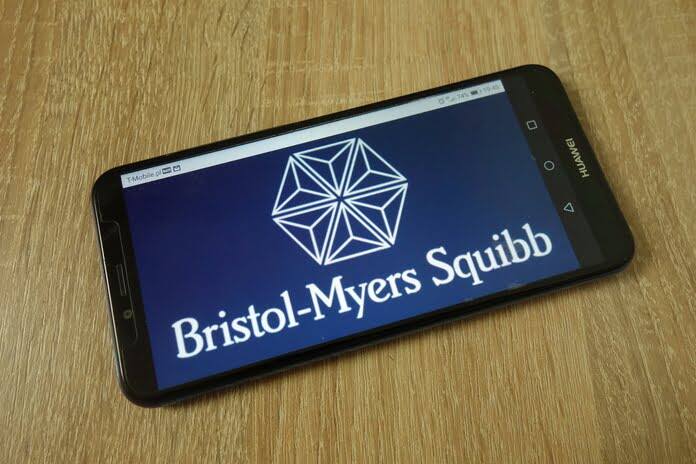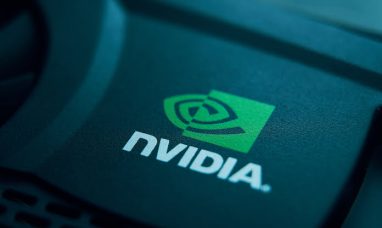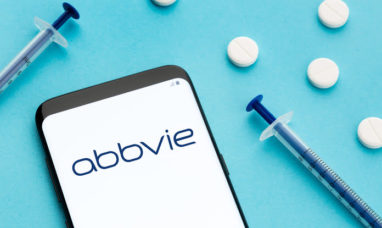Bristol-Myers Squibb Company (NYSE:BMY) has released its third-quarter 2023 results, which have surpassed expectations, and they’ve also revised their annual earnings outlook. The company reported adjusted earnings per share of $2, outperforming the Zacks Consensus Estimate of $1.76. This represents a notable improvement from the $1.99 per share reported in the same quarter the previous year.
While the total revenues for the quarter reached $10.97 billion, slightly above the Zacks Consensus Estimate of $10.94 billion, they did experience a 2% decline compared to the previous year. This dip in revenue is primarily attributed to generic competition affecting their multiple myeloma drug, Revlimid. However, this setback was partially offset by in-line products, primarily Opdivo, and their new product portfolios, which include Opdualag, Reblozyl, and Zeposia.
In a broader market context, Bristol-Myers Squibb has seen its shares decline by 21.3% year to date, closely tracking the industry’s 22.7% decrease.
Bristol-Myers Squibb has adjusted its forecast for its current new-product portfolio, expecting it to generate $10 billion in revenues by 2026. This timeline represents a one-year delay compared to their previous projection, which anticipated the same revenue target by 2025. Consequently, the stock price experienced a decline following this announcement, as investors were disappointed with the revised timeline.
Breaking down the quarterly details, revenues in the United States declined by 4% to $7.6 billion due to lower sales of Revlimid, attributed to generic erosion. Additionally, an increase in the number of patients receiving free drug products from the company’s patient assistance program had an impact, albeit to a lesser extent, on Pomalyst.
International revenues, on the other hand, increased by 2% to $3.3 billion, primarily driven by Opdivo and the new product portfolio, but partially offset by lower average net selling prices.
In terms of product performance, in-line and new product portfolios showed an 8% increase in revenues, with total in-line product revenues reaching $8.3 billion. Eliquis, a part of this segment, achieved sales of $2.7 billion, although it slightly missed both the Zacks Consensus Estimate and their own model estimate of $2.8 billion. Eliquis saw a 4% increase in sales in the United States but a 2% decline in international markets due to generic erosion.
Opdivo, an immuno-oncology drug approved for multiple cancer indications, demonstrated significant growth, with a year-over-year increase of 11% to $2.3 billion, surpassing the Zacks Consensus Estimate by a slight margin and exceeding their own estimate of $2.2 billion. This was primarily driven by a 9% increase in sales in the United States and a 15% increase in international markets, reflecting higher demand from additional and core indications.
Other drugs in the Bristol-Myers portfolio included Pomalyst, Orencia, Sprycel, Yervoy, and a new product portfolio that collectively contributed to the company’s performance. However, Revlimid’s revenues declined by 41% to $1.4 billion due to generic erosion.
Additionally, Bristol-Myers reported adjusted research and development expenses decreased by 4% to $2.2 billion, while adjusted marketing, selling, and administrative expenses increased by 4%. The gross margin also fell from 79.8% to 77.3% during the quarter.
For the full year 2023, Bristol-Myers anticipates adjusted earnings in the range of $7.50 to $7.65 per share, which is an adjustment from their previous guidance of $7.35 to $7.65. Revenues are still expected to decrease in low single digits, with Revlimid sales projected to reach $6 billion, up from the previous guidance of $5.5 billion.
Bristol-Myers Squibb initiated accelerated share repurchase agreements to repurchase $4 billion of its common stock, with the final settlement expected to occur in the fourth quarter of 2023.
In a strategic move, Bristol-Myers Squibb announced the acquisition of Mirati Therapeutics, Inc. (MRTX), a commercial-stage oncology company, for $58.00 per share in cash. This acquisition represents a total equity value of $4.8 billion, and each Mirati stockholder will receive a non-tradeable Contingent Value Right for each share held. This right entitles the holder to a one-time potential payment of $12.00 in cash, with the condition that the FDA accepts a new drug application for MRTX1719, targeting non-small cell lung cancer within seven years of the merger’s closing.
The acquisition is expected to be completed in the first half of 2024, subject to regulatory approvals, and it may lead to a dilution in Bristol-Myers’ bottom line (non-GAAP) of approximately $0.35 per share in the first 12 months following the closing of the deal.
In summary, Bristol-Myers Squibb has demonstrated a strong performance in the third quarter, with a focus on new product portfolio growth. However, their updated timeline for revenue expectations has drawn mixed reactions from investors.
Featured Image: Megapixl









